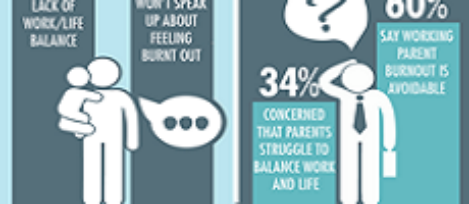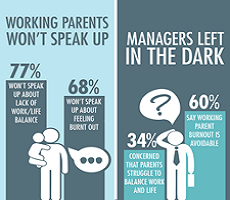May 16, 2016
Major survey aims to change approach to mental health at work 0
 To mark the first day of Mental Health Awareness Week, (16-22 May 2016) the most comprehensive survey on workplace mental wellbeing has been announced. The National Employee Mental Wellbeing Survey is designed to herald a step change in how businesses approach mental health in the workplace. Mental ill health is the leading cause of sickness absence in the UK and is on the increase. 15.2 million days of sickness absence in 2013 were caused by everyday conditions such as stress anxiety or depression – a dramatic increase from 11.8 million days in 2010. Business in the Community which is launching the survey with support from Mind, CIPD, the Institute of Leadership and Management, The Work Foundation, Maudsley Learning at Work and Mental Health First Aid; aims to use the results to help identify solutions to improve mental health at work. A new interactive toolkit to help employers take positive actions to build a culture that champions good mental health also being launched today.
To mark the first day of Mental Health Awareness Week, (16-22 May 2016) the most comprehensive survey on workplace mental wellbeing has been announced. The National Employee Mental Wellbeing Survey is designed to herald a step change in how businesses approach mental health in the workplace. Mental ill health is the leading cause of sickness absence in the UK and is on the increase. 15.2 million days of sickness absence in 2013 were caused by everyday conditions such as stress anxiety or depression – a dramatic increase from 11.8 million days in 2010. Business in the Community which is launching the survey with support from Mind, CIPD, the Institute of Leadership and Management, The Work Foundation, Maudsley Learning at Work and Mental Health First Aid; aims to use the results to help identify solutions to improve mental health at work. A new interactive toolkit to help employers take positive actions to build a culture that champions good mental health also being launched today.
















 Biodynamic lighting is an artificial light source that replicates the dynamic variations of daylight and sunlight through a light management system. Up until recent times, it was commonly believed that light was only needed for seeing. However, in 2001, an American scientist, G. C. Brainard discovered a circadian photoreceptor in the retina, which receives a specific quality and quantity of light, and sets the biological clock.* He discovered that light not only provides us with the ability to see, but that light enters the eye via the ‘fourth pathway’, which has a vital non-visual or biological effect on the human body. His studies showed that a certain quantity and quality of light stimulates the biological clock, also known as the circadian rhythm, which regulates hormone levels, particularly melatonin and cortisone, in the body and so plays a vital role in our physical and mental wellbeing.
Biodynamic lighting is an artificial light source that replicates the dynamic variations of daylight and sunlight through a light management system. Up until recent times, it was commonly believed that light was only needed for seeing. However, in 2001, an American scientist, G. C. Brainard discovered a circadian photoreceptor in the retina, which receives a specific quality and quantity of light, and sets the biological clock.* He discovered that light not only provides us with the ability to see, but that light enters the eye via the ‘fourth pathway’, which has a vital non-visual or biological effect on the human body. His studies showed that a certain quantity and quality of light stimulates the biological clock, also known as the circadian rhythm, which regulates hormone levels, particularly melatonin and cortisone, in the body and so plays a vital role in our physical and mental wellbeing.












May 12, 2016
Third of those with mental ill health don’t tell anyone at work 0
by Sara Bean • Comment, News, Wellbeing, Workplace
(more…)